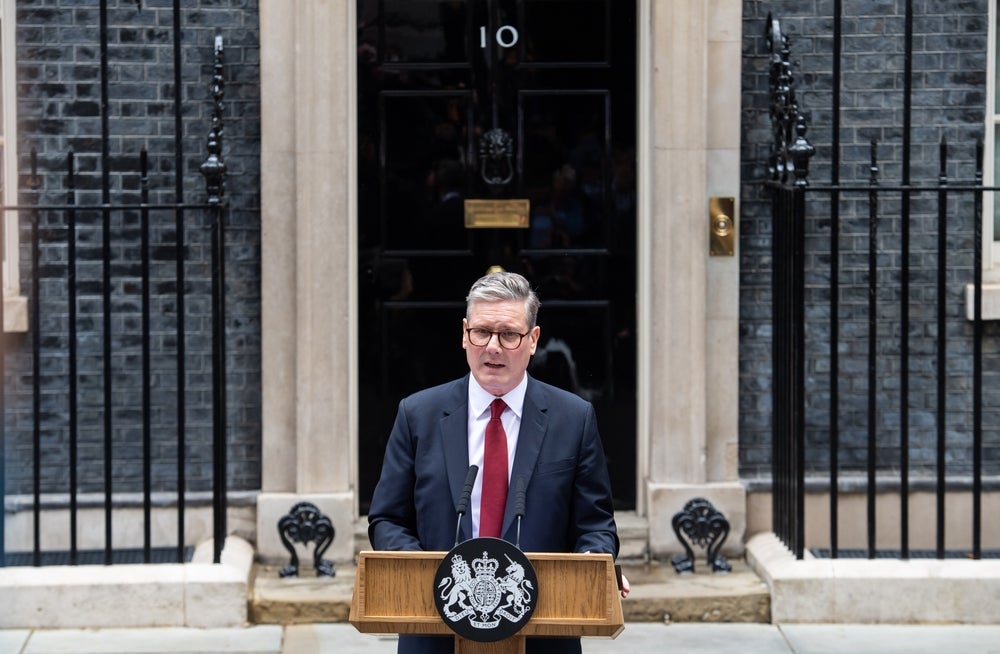The world will be watching next month to
see how the International Accounting Standards Board’s (IASB) new
financial instruments classification and measurement standard is
received in Europe.
The rules will replace part of IAS 39 –
Financial Instruments Recognition and Measurement, a standard so
contentious it has been discussed and criticised by European
national leaders and the G20.
Once the standard is released, it will be in
the hands of European politicians to decide whether it will be
applied in the EU.
Europe triggered a worldwide trend to adopt
IFRS when it mandated the use of the standards for listed companies
from 2005.
But European Financial Reporting Advisory
Group chair Stig Enevoldsen said recently that if Europe does not
endorse the classification and measurement standard, the question
could be asked ‘is Europe still using IFRS?’
Several high profile figures in the UK
profession have said the EC could easily move either way. An
indicator towards the EC not endorsing the standard is the chilly
reception to the IASB’s work from European finance ministers,
particularly those from France and Germany. Indicators towards EC
endorsement include pressure from the G20 for a single set of
global standards and news the US Securities and Exchange Commission
is working on its proposed road map for IFRS adoption with renewed
purpose.
How well do you really know your competitors?
Access the most comprehensive Company Profiles on the market, powered by GlobalData. Save hours of research. Gain competitive edge.

Thank you!
Your download email will arrive shortly
Not ready to buy yet? Download a free sample
We are confident about the unique quality of our Company Profiles. However, we want you to make the most beneficial decision for your business, so we offer a free sample that you can download by submitting the below form
By GlobalDataIASB chairman David Tweedie addressed EU
finance minsters recently, saying the board has made changes since
the exposure draft that respond to concerns from the EC.
The changes include allowing reclassification
of financial instruments when business models change, which the EC
says is essential.
Another EC concern that has been addressed was
extended use of fair value measurement. Tweedie said the new
standard will probably result in financial institutions that
undertake traditional banking activities applying less fair value
accounting.
The IASB has a delicate balance to strike in
terms of pleasing Europe and maintaining independence. November
will be an interesting month.






